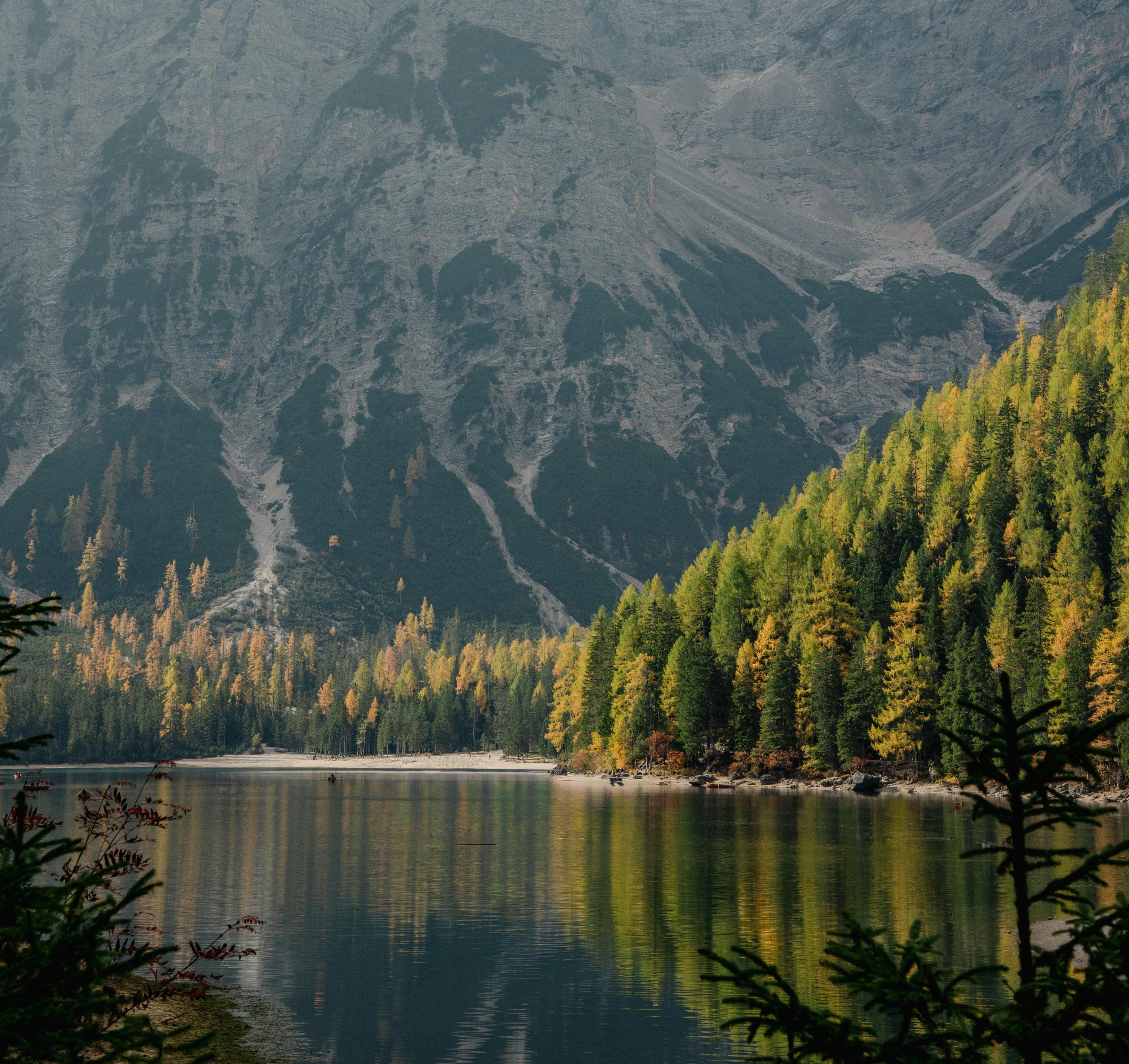Across the rich diversity of Indigenous cultures worldwide exists a profound understanding of the world and our place within it.
At the heart of this understanding is the concept of natural law — a set of inherent, universal principles that govern the harmonious functioning of the natural world and human societies.
Unlike written legal codes, natural law in Indigenous teachings is observed, experienced, and passed down through generations, forming the bedrock of Indigenous worldviews and ways of life.

Understanding Natural Law
In Indigenous cultures, natural law is not a human invention but a recognition of the inherent order and balance in the world around us.
It’s based on the observation that all elements of creation — from the tiniest insect to the tallest tree — exist in a delicate web of interdependence. This interconnectedness is a fundamental principle shared by Indigenous Nations across the globe.
In many Indigenous languages, there is no direct translation for “natural law.” Instead, the idea is often expressed through words that mean harmony, balance, or the good way of living.
For example, in Anishinaabemowin (the Anishinaabe language), the term Mino-bimaadiziwin means “the good life” or “continuous rebirth,” capturing the essence of living in alignment with natural law.
The Circle of Life
A key aspect of Indigenous natural law is the circle of life — a cyclical understanding of existence that contrasts with the linear perspective found in much of Western thought.
In this worldview, life moves through an ongoing cycle of birth, growth, death, and renewal — not only for individuals but for seasons, generations, and even ideas.
This cyclical nature reminds us that everything is connected, and that renewal always follows change.
Core Principles of Indigenous Natural Law
While teachings vary among Nations, several principles appear consistently across Indigenous cultures:
Respect for the Land
The Earth is viewed as a living mother deserving deep respect and care. Humans are not landowners but stewards, entrusted with protecting her well-being.
Reciprocity
Natural law teaches that everything taken must be balanced by giving. It’s a reminder that humans are not separate from nature — we are a part of it.
Responsibility to Future Generations
Many Indigenous teachings emphasize the Seven Generations Principle, asking us to consider how today’s actions affect those yet to come.
Harmony and Balance
Every being and element of creation has purpose and agency. Maintaining balance among all aspects of life — physical, emotional, spiritual, and environmental — is essential for collective well-being.
Natural Law and Indigenous Governance
These principles form the foundation of traditional Indigenous governance systems.
Leaders are chosen not for wealth or ambition, but for their wisdom, humility, and ability to apply natural law for the community’s benefit.
Elders and Knowledge Keepers play a crucial role in interpreting natural law, guiding their Nations through observation, dialogue, and ceremony.
For many Indigenous communities, major decisions are still made with the next seven generations in mind — a practice that embodies long-term thinking and sustainability.
Challenges in the Modern World
Natural law has faced profound challenges through colonization, industrialization, and globalization.
Western systems of governance, economy, and law often conflict with Indigenous principles of stewardship and reciprocity. Yet, despite centuries of disruption, Indigenous Nations continue to uphold these teachings and apply them in new ways.
Today, many Indigenous communities are revitalizing natural law — blending ancestral knowledge with contemporary science to address issues like climate change, conservation, and sustainable development.
Why It Matters Today
As we face growing global crises — from environmental collapse to social inequality — Indigenous natural law offers a path forward.
It reminds us that humans are not separate from nature; we are part of a living, interdependent system.
Understanding and respecting these teachings is not about idealizing the past, but about recognizing the wisdom that has sustained cultures and ecosystems for millennia.
When we listen to the land — and to the Elders who carry its stories — we begin to see the possibility of a more balanced and compassionate world.
Grounded in Balance
Take a moment to reconnect with the natural world — even a small ritual can bring peace and clarity. Whether it’s a quiet walk outside or a cup of Kebaonish tea, reflection and reciprocity begin with awareness.
Blog by Rye Karonhiowanen Barberstock



Share:
Lessons from the Land: A Lighthearted Reminder from Nature
The Balanced Benefits of Green Tea: Wellness Without the Jitters